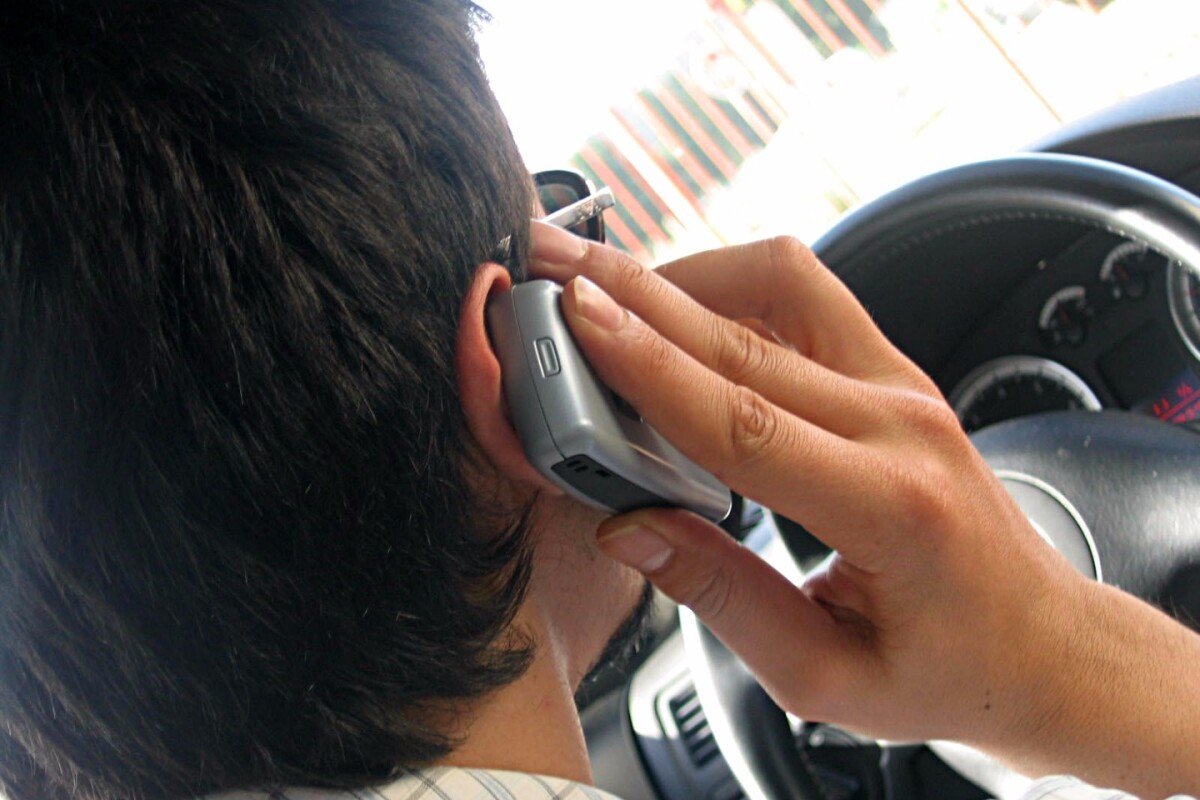When the calendar ticks over to 2017 on Sunday, California drivers will no longer be able to hold their phones while driving for any reason. That includes talking, texting, snapping photos or video, or using the phone as a GPS. Drivers will only be able to use their phones in hands-free mode. However, a new study out of the Queensland University of Technology (QUT) in Australia suggests the law doesn't go far enough, because hands-free operation isn't any safer.
The dangers of texting while driving are already well established, with texting or making calls on a hand-held phone illegal in many countries around the world. It's been widely accepted that making calls hands-free while driving is a safe option because both of the driver's hands are free to remain in control of the car, but the road safety study conducted at QUT indicates that the mental distraction is just as great during calls on both hands-free and hand-held devices.
The study conducted by Dr Shimul (Md Mazharul) Haque used the Centre for Accident Research and Road Safety – Queensland (CARRS-Q) driving simulator to measure the effects of using a mobile phone on reaction time and driving performance.
"We took a group of drivers and exposed them to a virtual road network which included a pedestrian entering the driver's peripheral vision from a footpath and walking across a pedestrian crossing," says Dr Haque. "We then monitored the driver's performance and reaction times during hands-free and hand-held phone conversations and without."
For drivers conducting a conversation using either a hand-held or hands-free mobile phone, driver reaction time was over 40 percent longer than those not using a phone at all. For a vehicle traveling at 40 km/h (25 mph), Dr Haque says this equates to a delayed response distance of about 11 m (36 ft).
"This shows hands-free and hand-held phone conversations while driving have similar detrimental effects in responding to a very common peripheral event of a pedestrian entering a crossing from the footpath," says Dr Haque. "It appears that the increased brain power required to hold a phone conversation can alter a driver's visual scanning pattern."
According to Dr Haque, when extra information is sent to the brain during a conversation, it compensates by not sending some visual information to the working memory. This results in distracted drivers looking at, but not "seeing" some objects. He also points out that conversations on a phone and passengers in the car differ, because the passenger can take into account the driving environment and stop talking when approaching a complex driving situation, for example.
The study also showed the reaction times for those with provisional driver's licenses was doubled compared to those with full licenses and that drivers engaged in a phone conversation braked more abruptly, which can pose a risk to following vehicles.
Dr Haque believes the findings of his study raise questions in relation to mobile phone laws that allow drivers to conduct phone calls with hands-free devices. But given how common it is to see drivers with phones pressed against their heads in places where that is illegal, you have to wonder how much harder it would be to police a law that banned the use of hands-free devices – even if there were governments willing to enact such laws. Autonomous vehicles may be the only viable answer – and that opens another can of worms entirely.
Source: QUT




